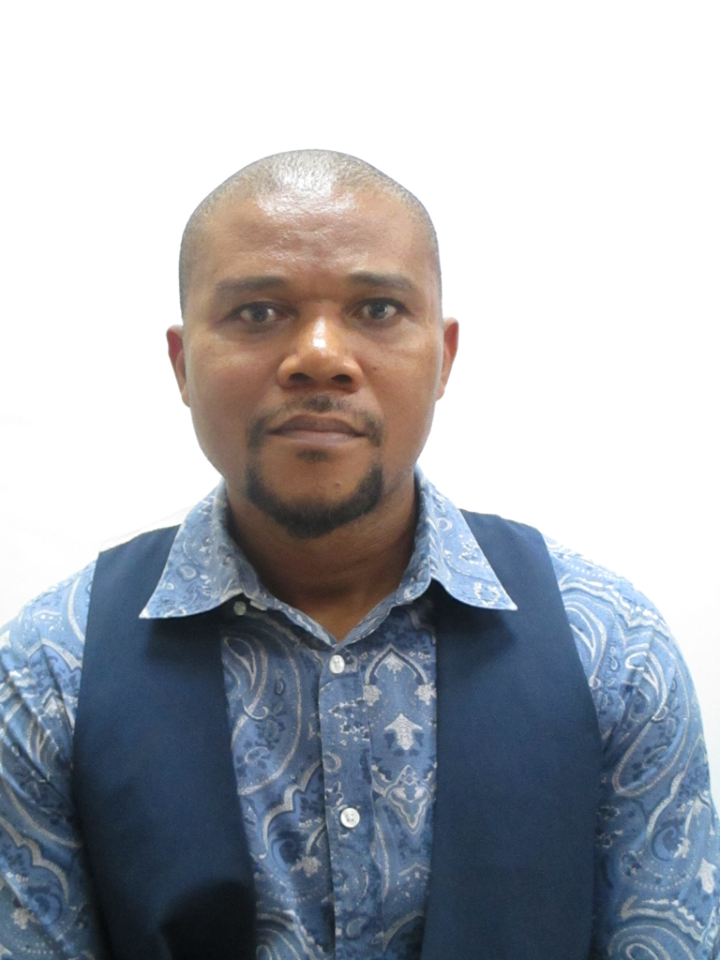
 Two important things were stated by the Minister of Land Affairs Maite Nkoana-Mashabane in March. First, she said that it was outrageous that after 25 years since the advent of democracy in 1994, Black people in the country still owned only 4% of land, with R50 billion have been spent on land reform by the department. Second, she mentioned that because water rights did not come with land rights, this meant that new land recipients did not have water access for production.
Two important things were stated by the Minister of Land Affairs Maite Nkoana-Mashabane in March. First, she said that it was outrageous that after 25 years since the advent of democracy in 1994, Black people in the country still owned only 4% of land, with R50 billion have been spent on land reform by the department. Second, she mentioned that because water rights did not come with land rights, this meant that new land recipients did not have water access for production.
The water access through licencing has been a very legitimate challenge for both water and land affairs for many years. For more than fifteen years, it has been noted in various Water Research Commission (WRC) reports submitted through Rhodes University that the National Water Act (1998) remains too silent about the interface of environmental water management and the land reform process. This has led to many challenges similar to those pointed out by the minister with respect water rights. For example, the then Department of Water Affairs and Forestry (DWAF) organised farming communities, holding very weak land access rights, into Catchment Forums (CF) for securing them with tradable water rights. This was without accounting for what would happen to these water rights in instances where the communities were to lose their vulnerable land access rights.
The view of many researchers on the ground was always that the government departments, including Land, Water and Agriculture, formulated crucial developmental policies in silos. This arrangement has not made sense and has contributed negatively to both water and land reform projects. So, the minister is more than justified in focussing on securing water rights for land beneficiaries in her new role.
With respect to continued unequal racial land ownership statistics, where Black people still hold only 4% of land ownership rights after spending R50 billion over 25 years on land reform projects, the minister’s outrage is misplaced for varied reasons. From a budgeting perspective what should be shocking is that even after the 2005 Land Summit, government has spent only R50 billion on land reform over 25 years. From a 2017 budgeted fiscal spending alone, R50 billion constitutes around 3.3% and (around 2% of the 2018 allocated spending). It should also be noted that the allocated spending on social security alone in 2018 stands at R390 billion and the emergency allocation for free education stands at R57 billion. Given these spending trends and patterns, a total spending of R50 billion over 25 years on the land reform project is a clear illustration that land reform project has not been a top government priority over the years. Given the importance of land access and ownership, not only in South Africa, this should never have been allowed to be the case.
South Africa’s total land area is 122 million hectares of which about 90 million is agricultural land. At the 2005 land summit, the transfer of 25 million hectares was set as the target for achievement in 2014 (i.e. 30% of agricultural land). But reports estimate that only between 7 and 9 million hectares of land have been transferred through the land reform programmes. Seven million hectares of land is 7.7 % of agricultural land. Therefore, if only 4% of such land is registered as Black owned, then for the remainder of land transferred under the land reform project, Black people do not have formally registered title deeds. This would be 3 million hectares of land transferred under the land reform project without title deeds. Again, the indication from this informality would be that government has over the years not taken the land reform project seriously enough. In many instances farmers cannot use land productively without formal title deeds, for example in accessing financial support, among other inputs.
Although there have been reported cases, where sellers have hiked land prices for profit and other reasons, overall this is not an overriding theme that is generally supported from available data. For example, of 34 sugarcane farmland cases transferred under the redistribution programme in northern KwaZulu-Natal in 2010, the review of prices paid for the land acquired could not find evidence of price premiums paid to sellers relative to market prices. In the Minister’s statement, the fact that government spent R50 billion to acquire 4% of total registered land could be additional evidence that in general land prices for land acquired under the reform project have been much lower than those paid in current land markets.
Four percent of agricultural land is more than 4.4 million hectares in size. The price of vacant land in remote areas currently varies from R50 000 to R200 000 per hectare. Hence this means than 4.4 million (4% of agricultural land) would at a minimum have cost government R 220 billion and at most R 880 billion. Therefore, the reported value of R50bn for 4% of land registered under Black ownership indicates that land acquired the reform project has not been overpriced. This is especially the case because the 4% of Black registered land does not include about 3 million hectares that is not formally registered.
In short, the shock presented by the Minister is not supported by evidence in terms of market prices and it is probably misplaced. What we should be worried about is that government only allocated R 50 billion towards land reform over a period of 25 years, when the national budget for 2018 could allocate R57 billion as an emergency fund towards free higher education. From a budgeting point of view alone, the land reform project has not been a priority project for the government. This was further highlighted in the 2018 budget’s allocation with a target of only 450 Black commercial farmers for support. This, among many poor administration factors, is one of the main reasons why land reform has generally failed. The rest of what is presented by many politicians is mostly just politicking.
Publish date: 2018-04-11 00:00:00.0
Contact the Marketing and Communication office: Ms Thami Kaunda at kaundn@unisa.ac.za
011 652 0339
Telephone: +27 11 652 0248 / +27 11 652 0291
Email: sbl@unisa.ac.za
Physical Address:
Cnr Janadel and Alexandra Avenues
Midrand, 1686
Gauteng, South Africa
Download map & directions (PDF)